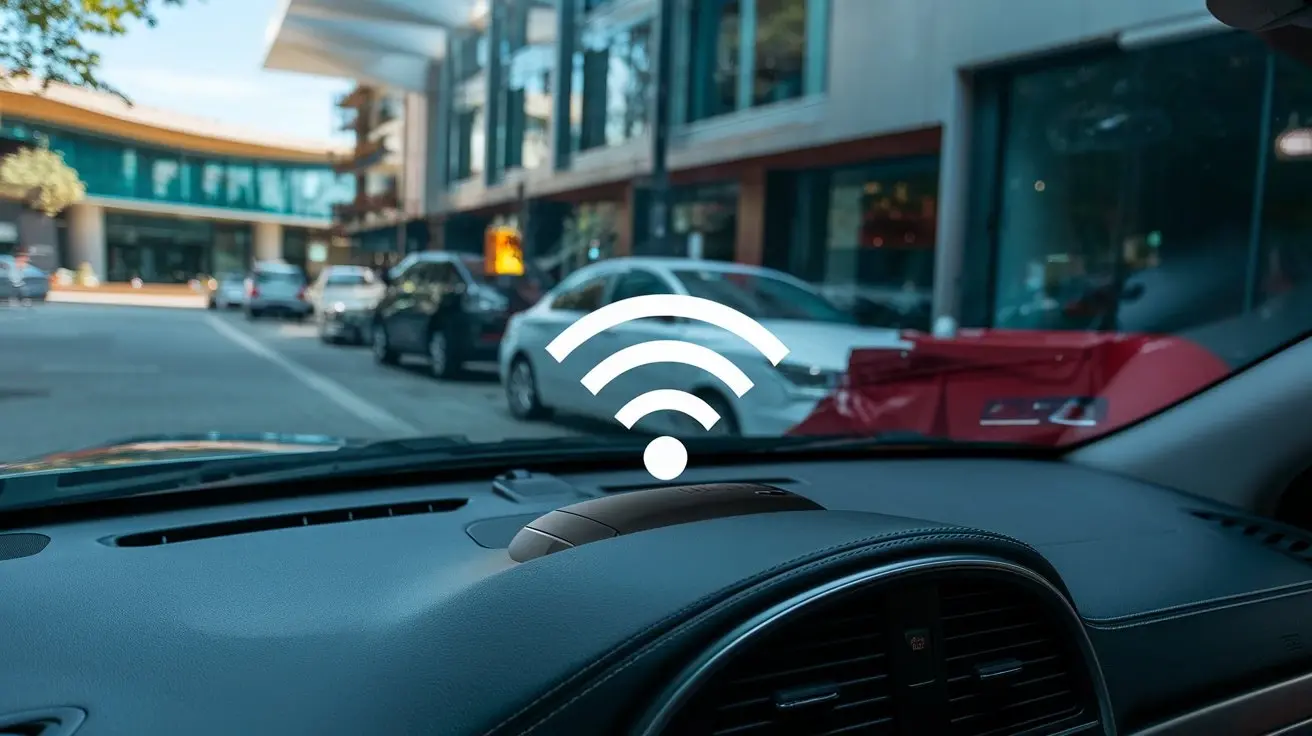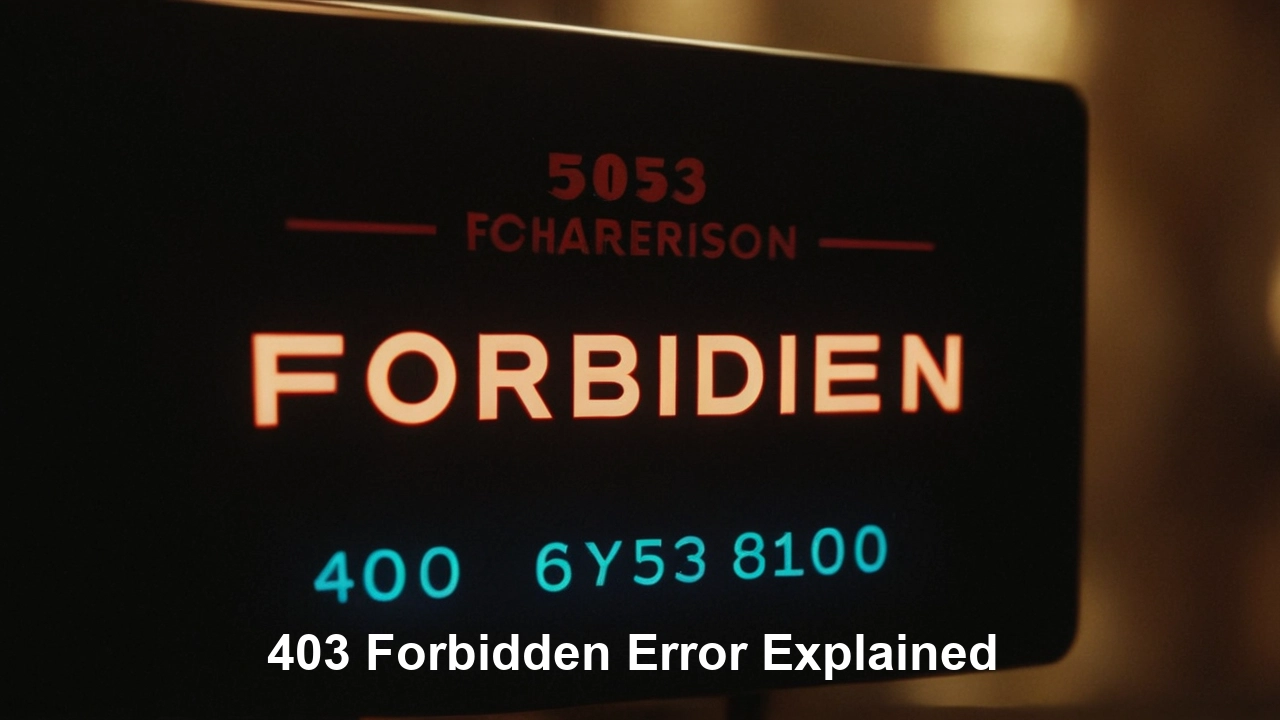
Ethernet and Wi-Fi are arguably the most familiar methods of blending devices with the internet and other networks. However, in terms of the comparison between the two networks, which one is the faster between Ethernet and Wi-Fi? The relative speeds of these two technologies depend on several factors. This article seeks to compare Ethernet with WiFi and will look at why most of the time, Ethernet has better speeds.
How Ethernet Works
Ethernet uses physical cables to transfer data from one device to another. Some types of Ethernet cable include the Cat5, Cat5e, and Cat6 which are twisted pair copper cables categorized according to their quality. Ethernet cords connect to Ethernet sockets on the devices to form a wired LAN connection.
The direct hardwired connection provides Ethernet with key speed advantages over Wi-Fi:
- Eliminates interference: Twisted pair cables reduce the effects of signal interference from other signals in the vicinity
- Full-duplex transmission: Has full-duplex capability That is, it can both send and receive data at the same time.
- Less overhead: There is no need for encoding and decoding when the transmission is wireless.
Since it does not have to switch between multiple devices, Ethernet has steady high speeds of up to 10 Gigabits per second (Gbps) in the Cat6a cabling.
Understanding Wi-Fi Speed
Wi-Fi refers to the wireless connectivity of the network through the air using radio frequency. Wireless devices transmit and receive messages within the coverage of a wireless router or an access point. Key factors impacting Wi-Fi speeds include:
- Distance and obstructions: This means that signals get weaker as they move away from the source or if objects are blocking the path.
- Network congestion: Interconnected devices utilize the bandwidth available.
- Frequency band: Newer standards employ higher frequency bands
Currently, the two popular Wi-Fi standards are the 802. 11ac and 802. 11ax offers a maximum bandwidth speed of 3 Gbps and 9. 6 Gbps. However, real-world Wi-Fi speeds in general vary and rarely exceed 100-300 Megabits per second (Mbps) if there are no obstructions. Throughput will decrease when devices are located farther from the router, more users connect to the network, or high-bandwidth apps like video streaming are used.
Comparing Ethernet and Wi-Fi Speed
When comparing Ethernet vs Wi-Fi speeds, Ethernet has significant throughput benefits:
- Whereas Wi-Fi has bandwidths of 1-9 Gbps, Ethernet has bandwidths of up to 10 Gbps.
- Ethernet has quite minimal jitter and its throughput does not fluctuate much from its full capacity. Wireless circumstances are somewhat erratic, thus Wi-Fi speeds fluctuate greatly as well.
- Ethernet's natural aptitude for faster reaction times and reduced latency than Wi-Fi sets it apart. Applications like online gaming or streaming movies and other high-definition videos depend notably on this.
While Wi-Fi is developing with new standards like Wi-Fi 6E, Ethernet has some natural speed benefits in practical networking environments. For constant streaming, wire connections provide multi-Gbps speed, low latency, and maximum availability. Because of the nature of radio signals— fundamentally less dependable and less bandwidth-intensive— wireless cannot achieve this constancy.
When is Wi-Fi Fast Enough?
Still, Wi-Fi is enough for many home and business activities like accessing the internet, messaging exchanges, and standard-definition video streaming. These are some reasonable rules on when Wi-Fi would be appropriate and when you would gain from Ethernet speeds: Here are some reasonable rules on when Wi-Fi could be appropriate against when you would want Ethernet speeds:
Wi-Fi is Generally Sufficient for: Wi-Fi is Generally Sufficient for:
- Occasional web surfing and/or checking emails
- Social media apps
- Standard definition video streaming
- smart devices or internet-connected gadgets
- Large file downloads or uploads may occasionally occur
Use Ethernet for:
- Ultra High Definition /Ultra High Definition video streaming
- Multiplayer online gaming
- File duplication and backup
- NAS stands for Network Attached Storage and includes storage appliances.
- Business networks that are used by many individuals at the same time
- Reducing the duration between disconnection, delay, and interruption
So while more consumers are shifting towards using their streaming bandwidth-intensive services, Ethernet continues to be the performance champ – being able to support faster speeds, higher quality video and gaming, quicker downloads, and improved networking performance.
Conclusion
Even today Wi-Fi is progressing with increased maximum theoretical data rates, for reliable high-bandwidth networking nothing can beat Ethernet. Ethernet provides multi-Gbps transmission rates without significant crosstalk or attenuation to signal power. In terms of wireless connections, Wi-Fi speeds are at their best relatively low and vary significantly depending on the conditions of the wireless channel, signal strength, and network traffic intensity. As far as the network is concerned, Ethernet is considered to be the superior wired data piping for homes and offices, which is faster and more reliable than the other options.
Transform your viewing experience with DirecTV! Call us today at +1 855-213-2250 to explore our plans and find the perfect package for you. Our experts are ready to assist you and get you set up with top-notch entertainment. Don’t wait—contact us now!





